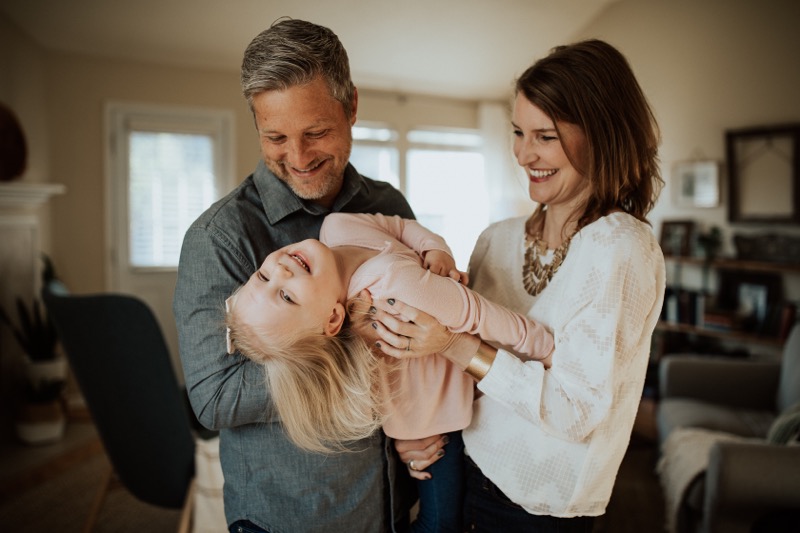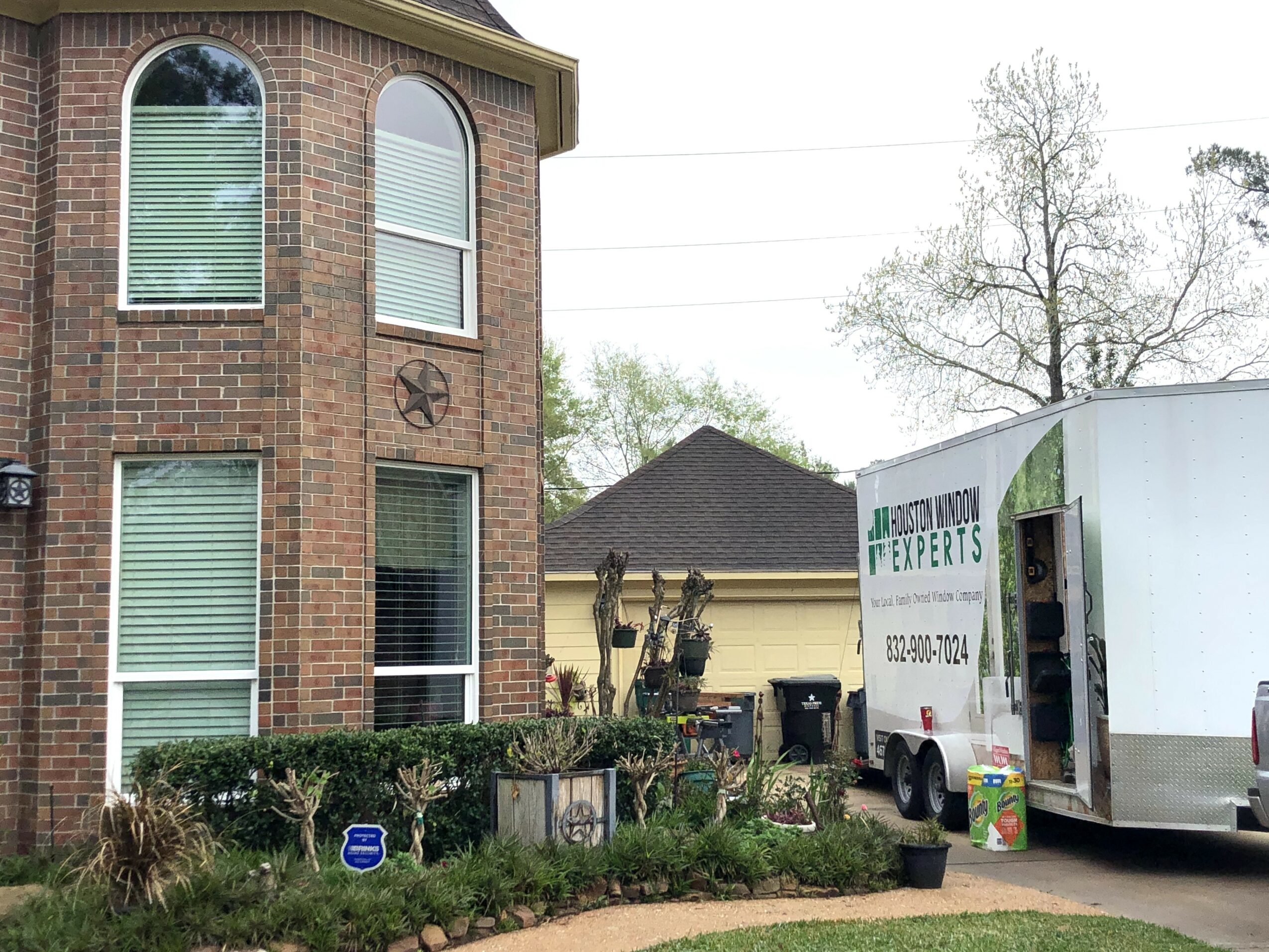

Today we’d like to introduce you to Joshua Swenson
Hi Joshua, so excited to have you with us today. What can you tell us about your story?
A Life of Faith, Adventure, and Resilience
I can honestly say that I am strangely bicultural. As an American growing up in Colombia at a time when there weren’t many other expat children, my world was uniquely split between two cultures. My friends, music, TV shows, and daily life were all Colombian, yet at home, our family life was distinctly American. My parents, both born and raised in the U.S., had come to Colombia as missionaries, and while they carried their American traditions, I was fully immersed in the rhythms of Colombian life.
Navigating this dual identity was complicated. I always felt like I was from the other place—when I was in the U.S., I longed for Colombia, and when I was in Colombia, I felt the pull of the U.S. It was a strange sense of limbo, never feeling fully at home in either place.
Growing Up in Medellín: Joy and Danger Side by Side
Despite the complexities of cultural identity, my childhood in Medellín was vibrant and full of adventure. Colombian food, especially the beans and rice of Medellín, remains one of my favorite comforts, and I still seek out Colombian restaurants whenever I can. Music was a huge part of life, from the cumbia and vallenato blaring from city buses to the Spanish rock of the ’80s that became my personal soundtrack.
At school, I felt like an outsider. Most of my classmates came from wealthy families, and in a city where fashion trends changed constantly, my family couldn’t afford to keep up. But outside of school, I found acceptance in my neighborhood. My friends and I spent our days playing soccer, riding bikes, and climbing trees—especially mango trees, despite the guards who tried to keep us from doing so. As the best climber in the neighborhood, I was always chosen to climb the tallest trees while my friends gathered the fallen fruit. Instead of just eating it, we’d clean it, chop it up, and sell it, using the money to buy citric acid and sugar to make our own candy.
But alongside the joys of childhood, there was also the stark reality of growing up in a city controlled by drug cartels. Medellín was the epicenter of the drug trade, and during my time there, the city averaged 50 murders a day. At just seven years old, I witnessed a murder firsthand—a motorcycle pulled up to a security guard’s supervisor just 50 feet from me, and in an instant, the passenger grabbed the supervisor’s pistol and shot him in the head. As the gunmen sped off, they fired at other guards, and the one beside me shouted for me to run home. I remember thinking the killers had seen me and would come back for me.
Seeing dead bodies on the roadside became an almost normal part of life, but despite the danger, we didn’t live in fear. My parents firmly believed that God had placed us in Colombia, and we carried on as best we could.
An Abrupt Goodbye to Colombia
In 1989, when things were at their worst, Pablo Escobar put a bounty on missionaries. One Friday afternoon, after school, I came home to the news that we were being evacuated. We had three days to pack up our lives and leave the country.
I was 15 at the time, and my paperwork wasn’t in order, which meant I had to fly to Bogotá to fix it before I could leave. My dad originally planned for me to fly there on Monday, but in a last-minute decision—one that likely saved my life—he sent me on Sunday instead. On Monday morning, the very immigration line I would have been standing in was sprayed with machine gun fire.
Even after surviving that, I faced one final hurdle. At the Bogotá airport, my paperwork was stamped incorrectly, stating that I did not have permission to leave the country. My entire family had already been processed out, so they had no choice but to board the plane to Ecuador without me. I was left behind for three days, alone, until I was finally able to rejoin them.
Ecuador: A Change of Perspective
Ecuador was an unexpected new home. Compared to Medellín, it felt dull—cold, rainy, and lacking the warmth and vibrancy I had known in Colombia. My family struggled to adjust until one day, my dad sat us down and read us the story of Joseph from the Bible. Joseph had endured immense hardship yet maintained an attitude of gratitude, and because of it, he was blessed by God. That lesson changed our perspective, and we slowly began to appreciate Ecuador—the people, the food, and the opportunities.
I joined the Alliance Academy, a large missionary boarding school, and quickly integrated into student life. I made the varsity soccer team as the only sophomore, displacing several seniors. Some of my teammates wanted to beat me up, but I eventually earned their respect through my performance on the field.
An Unlikely Motorcycle Journey Through Africa
After graduating in 1992, I returned to the U.S. for college where I got my BA in Radio, Television and Film Broadcast Production, eventually earning my Mdiv and MBA while working as a web developer at a university. I took a detour—one that would become one of my many adventures.
After leaving my job in California, I flew to South Africa, then took a 12-hour bus ride into Mozambique, where I met up with a friend. Together, we set off on a six-week motorcycle journey from Mozambique to Kenya. The only problem? I had never ridden a motorcycle before. But, true to my lifelong mantra—fake it till you make it—I figured I would learn along the way.
We camped wherever we could, often hanging mosquito nets between our bikes and sleeping under the stars. Other nights, we stayed in motels, at missionaries’ homes, or with locals who welcomed us into their villages. One night, in Mozambique, we stayed with a man named José. After just two weeks in the country, I had picked up enough Portuguese (which is similar to Spanish) to have a three-hour conversation with him about life, creation, God, and ancestors.
The journey took us through Mozambique, Zambia, Tanzania, and Kenya. Along the way, we visited the Livingston Memorial, where Dr. David Livingston died of malaria, and spent the night in a one-room clinic, under the watchful eyes of STD awareness posters.
It was raw, unpredictable, and life-changing.
Throughout my career as a graduate student, I’d visit my parents in Ecuador, usually during Christmas. One year, while visiting them I joined a couple of friends on an excursion into the Amazon rainforest in search of petrified wood. After the 4 hour drive out into the jungle, we trekked through the forest and up some streams that were replete with beautiful pieces of varying sizes and mineral makeups. There pieces ranged from small fragments that could fit in your pocket to full ten foot logs that will remain there for eternity.
While finding beautiful petrified wood in the Amazon rainforest is truly a treat and would be considered an adventure of a lifetime for most, turned into something much much more amazing. First and foremost, one of the people who joined us on this trip was a former Eco Challenge adventure racer turned missionary, Chet Williams, who has become my best friend of now 20 years. Secondly, on that trip was birthed an idea to kayak some of the waters of the Amazon rainforest. Earlier that year, my high school photography teacher and I had started a non profit foundation to help protect the rainforest from rampant deforestation and decided that a kayaking trip through some of the most “untouched” areas of Ecuador would give us a good idea of how the wildlife was doing.
A year later, six of us converged in Ecuador for a ten day, 350 mile paddling trip. Through some of Chet’s connections during his tenure as an adventure racer we were able to get sponsorships from a myriad of companies that aided us in the adventure. We had inflatable kayaks, jungle hammocks, clothing, food, sun glasses, hats, solar panels, and various other necessary items for our trip. This turned out to be on par with my trip across Africa yet through a completely different means of conveyance.
Like the trip across Africa, our paddling trip is full of too much adventure, mishap, luck and discovery to include in this snapshot but it was transformational and cemented our conviction that the rainforest in Ecuador was being decimated and animal life was being endangered. I returned to my graduate programs with greater resolve and, “The Rainforest Restoration Foundation,” began to flourish.
A New Calling: Mission Work in Ecuador
After finishing my MBA and Mdiv, I returned to Ecuador as a missionary, serving in Sports Outreach, Youth Ministry, and Leadership Development. I even pastored a local Ecuadorian church for a couple of years after they lost their lead pastor.
It was during this time that a friend introduced me to a missionary from Indonesia. Despite coming from opposite sides of the world, we fell in love and got married. We served together in Ecuador for a few years before feeling the Lord calling us back to the U.S.—a difficult transition that led to an identity crisis as I stepped away from mission work and had to rebuild my life.
Finding Purpose in Unexpected Places
We relocated to Houston, where I took a job managing online sales for a stair company. A year later, I was promoted to General Manager, but it turned out to be the worst job I’ve ever had—understaffed, overworked, and underpaid. Ironically, that misery became a blessing. Had it been a good job, I might never have left. Instead, in 2018, I joined Houston Window Experts, and it became the best job I’ve ever had.
Faith in the Face of Life’s Hardest Battle
In the midst of all of this, my wife was diagnosed with stage four melanoma. Looking back over the past five years, I can’t imagine how I could have gotten through it without my faith in God and the blessing of an amazing job. Through it all, I’ve learned that life isn’t about avoiding hardship—it’s about finding purpose, faith, and resilience in the midst of it.
Can you talk to us a bit about the challenges and lessons you’ve learned along the way. Looking back would you say it’s been easy or smooth in retrospect?
There have been obstacles at every turn.
Our first month living in Houston, my wife was in a car accident that almost took her life. I wasn’t working at the time so there was a lot of financial uncertainty.
After she was diagnosed with cancer over five years ago we were told we couldn’t have any more kids…we have one but wanted four.
Having trained for ministry and identified as a missionary / third culture kid, having to leave the mission field and adapt to a completely new way of life has been very challenging. I’ve had varying degrees of identity crisis in the midst of this process and often times feel out of place.
My wife’s cancer has been the most difficult struggle we’ve had to face so far. She’s already defied the odds by being alive for this long but the whole process is exhausting. I’ve often described it as being stuck bent over backwards under a limbo stick. You can’t go back, you can’t go forward and there is no option to just drop… it is painful to be stuck. Being in sales with a sick wife has some amazing benefits like schedule flexibility but those same perks can cause stress because my income is nearly 100% commission based. The other way to describe our cancer journey is really like being on a rollercoaster for five years. One of the nice things about a thrilling rollercoaster is that it has a beginning and an end. It’s thrilling to be on a fast roller coaster for 3 minutes… you can handle being out of control going up and down at a frenetic pace because after 3 minutes you get off the roller coaster and you get to reestablish yourself on firm ground. 5 years of cancer doesn’t really ever give you a chance to get off the ride to reestablish your equilibrium by standing on firm ground.
Thanks – so what else should our readers know about your work and what you’re currently focused on?
I work for Houston Window Experts. We are the highest rated window company in Houston and now Dallas. I work with the sales team visiting people that set appointments with us.
Our industry is pretty shady. There are lots of pushy, manipulative sales people out there whose goal is to squeeze their clients for every buck they can get while in most cases not delivering a quality product. Be it the companies that gouge their clients or those that sell absolute garbage, what sets us apart in the industry is our commitment to doing the right thing, serving our clients and delivering an excellent product with an excellent installation at a fair price. We are not cheap but we also aren’t the most expensive. I would say we offer the best value in the industry. Our installation quality is unmatched and we’ve had the privilege of a reputation that allows us to sell excellent windows and doors. Our goal is to provide our clients with the most delightful home improvement experience that they’ve ever had.
What does success mean to you?
I think success needs to be viewed holistically. For me success is a solid and growing relationship with God, a solid relationship with my wife and daughter, and a job that doesn’t feel like drudgery but that I can be excited about performing on a regular basis. If any of these is out of balance I don’t think I could consider it success.
I think often times people like to equate success with moving up the corporate ladder, making a ton of money and having an important title. Those can all be good things but I feel like they need to be low on the priority list. My role on earth is not to amass wealth and collect titles but rather to Love God, love my neighbors and be an example to my daughter of what things are truly valuable in life, preparing her to “succeed” as an adult.
Finally, I view success as the capacity to live generously. I make WAY more money than is necessary for a comfortable life and my wife and I have chosen to give a large portion of our income to charity, church, missionaries, etc. Giving generously is possibly the most freeing lifestyle choice one can have. If my daughter grows up with as a generous giver who recognizes that all things come from God, I will consider my role as a father as very successful.
Contact Info:
- Website: https://Houstonwindowexperts.com
- LinkedIn: https://www.linkedin.com/in/josh-swenson-5944564/
- Youtube: https://www.youtube.com/@HoustonWindowExperts

Image Credits
Since you are asking for work images I don’t really have anything to upload. I’m in sales… I could upload images of windows….










